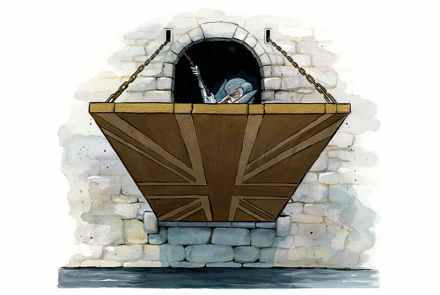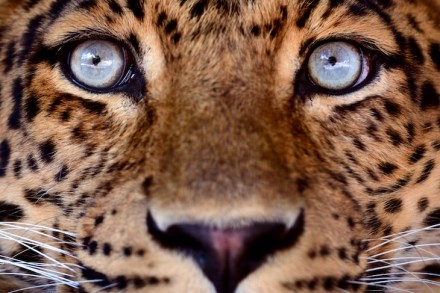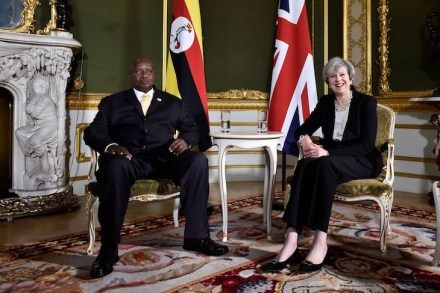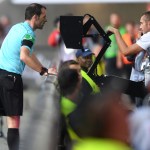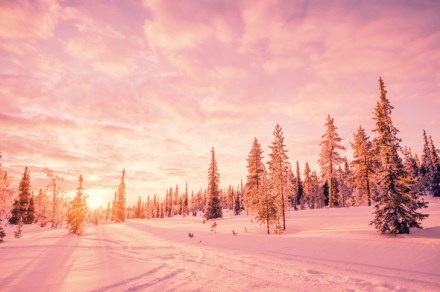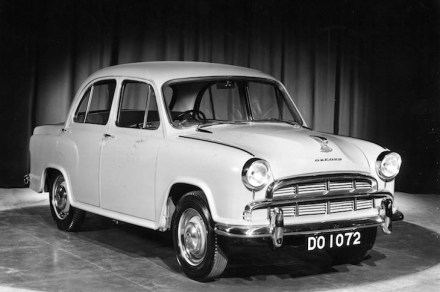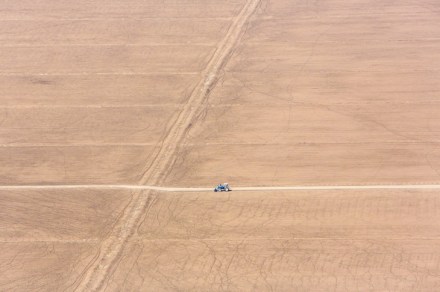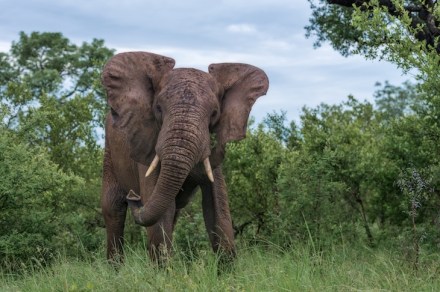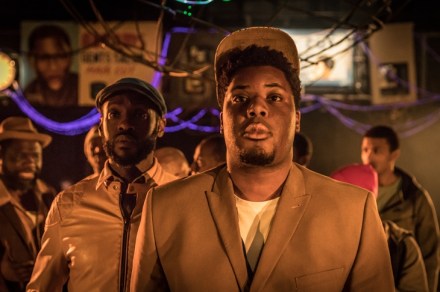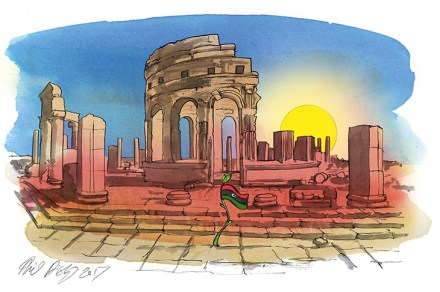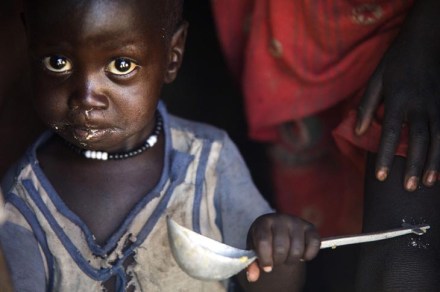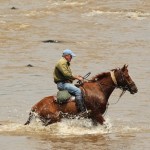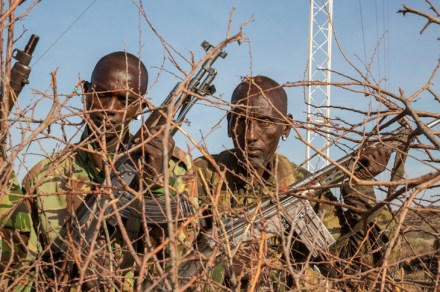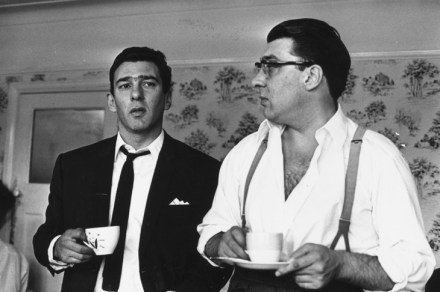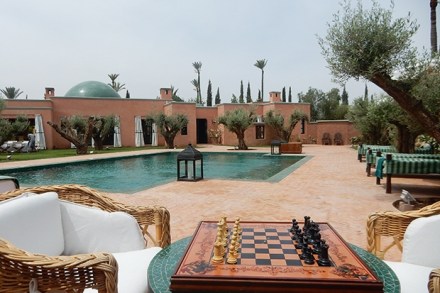The Spectator Podcast: The Wrong Brexit
This week we ask why Theresa May is pulling up the drawbridge to Britain, exactly when she should be advertising Britain’s openness in a post-Brexit world? We also discuss why charities are working to shut down schools in Africa, and hear from Quentin Letts on his experience of being pursued by the Establishment. As Commonwealth leaders meet in London this week, Theresa May has been under fire for her government’s treatment of the Windrush generation. The government initially refused a meeting requested by Commonwealth leaders to discuss the issue, only to U-turn on it hours later. Fraser Nelson argues in this week’s cover that this royal screw-up is symptomatic of
